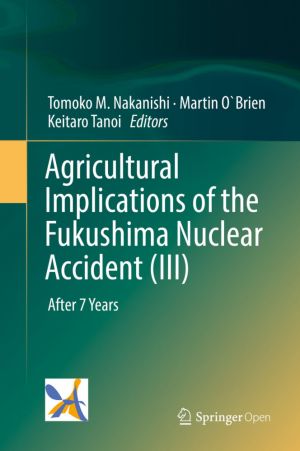
This book presents the findings from on-site research into radioactive cesium contamination in various agricultural systems affected by the Fukushima Daiichi Nuclear Power Plant accident in March 2011. This third volume in the series reports on studies undertaken at contaminated sites such as farmland, forests, and marine and freshwater environment...
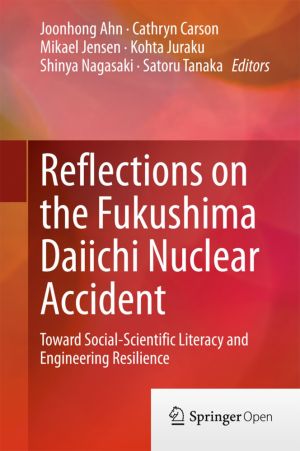
This book focuses on nuclear engineering education in the post-Fukushima era. It was edited by the organizers of the summer school held in August 2011 in University of California, Berkeley, as part of a collaborative program between the University of Tokyo and UC Berkeley. Motivated by the particular relevance and importance of social-scientific ap...
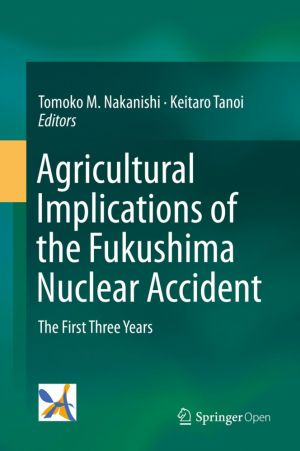
This book reports the results from on-site research into radioactive cesium contamination in various agricultural systems affected by the Fukushima Daiichi Nuclear Power Plant accident that occurred in March 2011. This is the second volume from the research groups formed in the Graduate School of Agricultural and Life Sciences of The University of ...
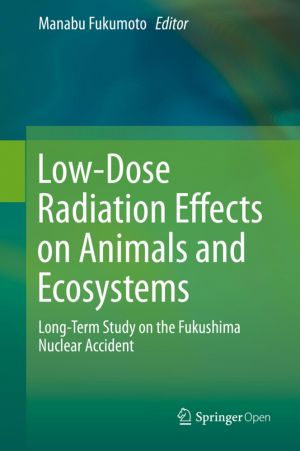
This free book summarizes the latest scientific findings regarding the biological effects of the Fukushima Daiichi Nuclear Power Plant (FNPP) accident in 2011.
Various cases of changes in animals and organisms have been reported since the FNPP accident. However, it is often unknown whether they are actually due to radiation, since the dose or dos...
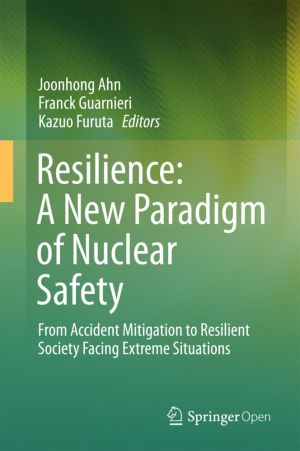
This book summarizes presentations and discussions from the two-day international workshop held at UC Berkeley in March 2015, and derives questions to be addressed in multi-disciplinary research toward a new paradigm of nuclear safety. The consequences of the Fukushima Daiichi nuclear accident in March 2011 have fuelled the debate on nuclear safet...
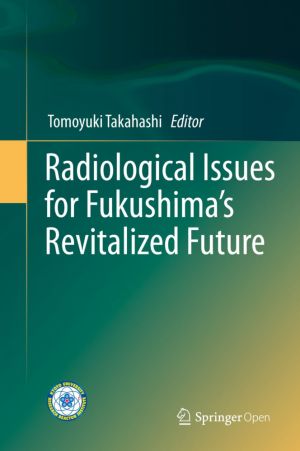
This book overviews environmental issues 4 years after the Fukushima nuclear accident, covering a wide range of areas related to radiation and radioactivity. The topics discussed are necessary to make clear the relationship between the results of research and Fukushima's revitalized future. The chapters are divided into four parts: Part 1 pres...
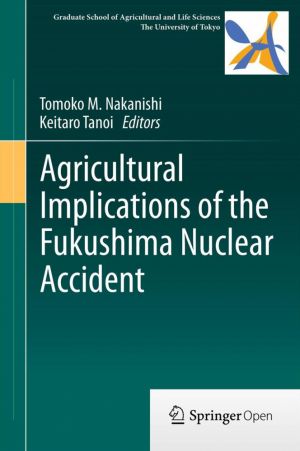
Following the Fukushima nuclear accident, a large volume of monitoring data has been collected about the soil, air, dust, and seawater, along with data about an immense number of foods supplied to the market. Little is known, however, about the effect of radioactive fallout on agriculture, information about which is vital. Although more than 80% of...
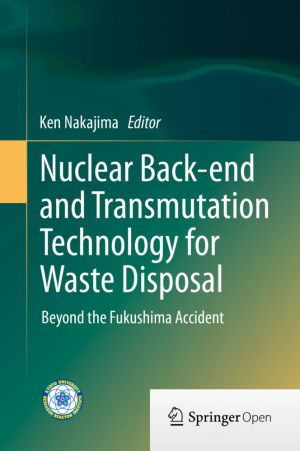
This book covers essential aspects of transmutation technologies, highlighting especially the advances in Japan. The accident at the Fukushima Daiichi Nuclear Power Plant (NPP) has caused us to focus attention on a large amount of spent nuclear fuels stored in NPPs. In addition, public anxiety regarding the treatment and disposal of high-level radi...
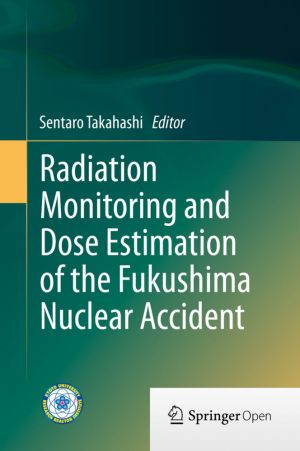
This book provides comprehensive research findings related to the environmental monitoring of radiation, levels of radioactive nuclides in various environments, and dose estimation in residents after the Fukushima nuclear power plant accident caused severe environmental contamination with radioactive nuclides. At the beginning of the book, a techni...
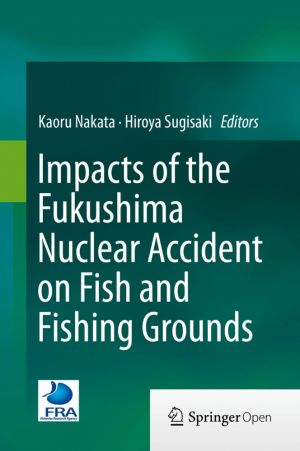
This book presents the results from the Japanese Fisheries Research Agency's 3-year intensive monitoring of radionuclides in a variety of fish, plankton, benthos, and their living environments after the Fukushima Daiichi Nuclear Power Plant (FNPP) accident in March 2011. The book reveals the dynamics of contamination processes in marine and fr...
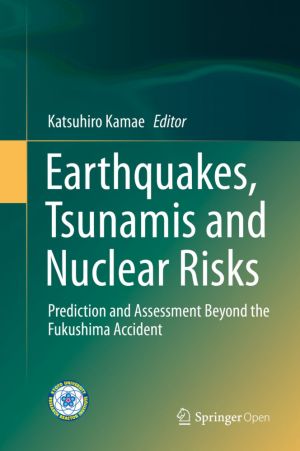
This book covers seismic probabilistic risk assessment (S-PRA) and related studies which have become more important to increase the safety of nuclear facilities against earthquakes and tsunamis in the face of the many uncertainties after the Fukushima accident. The topics are (1) Active faults and active tectonics important for seismic hazard asses...
